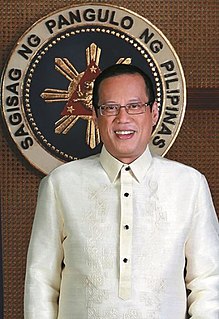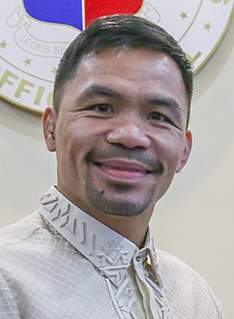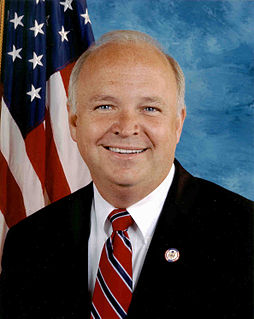A Quote by Benigno Aquino III
Typhoon Haiyan showed the entire world how vulnerable the Philippines as well as other developing countries are to natural disasters.
Related Quotes
And if there is one thing we can be sure of, it’s that extreme weather events like Superstorm Sandy, Typhoon Haiyan in the Philippines, and the British floods—disasters that, combined, pummeled coastlines beyond recognition, ravaged millions of homes, and killed many thousands—are going to keep coming.
A decade ago, critics suggested biotech crops would not be valuable in the developing world. Now 90 percent of farmers who benefit are resource-poor farmers in developing countries. These helped alleviate 7.7 million subsistence farmers in China, India, South Africa, the Philippines from abject poverty.
Climate change hype has grave real world consequences. It gets rich countries to adopt silly policies and to impose devastating eco-imperialism on poor countries. The world's rich millions can afford environmental extremism; its poor billions can't. Climate change pseudo-science about human causality has been exposed repeatedly. What's less appreciated is that there aren't more natural disasters in need of an explanation.
What I love about Sade other than her smooth and sultry voice is her willingness to be vulnerable. As a powerful, strong and beautiful woman of color, she showed her delicate, passionate side in a world where most of us are putting on a brave face. I love how effortless her style was and how consistent that red lip was!


































